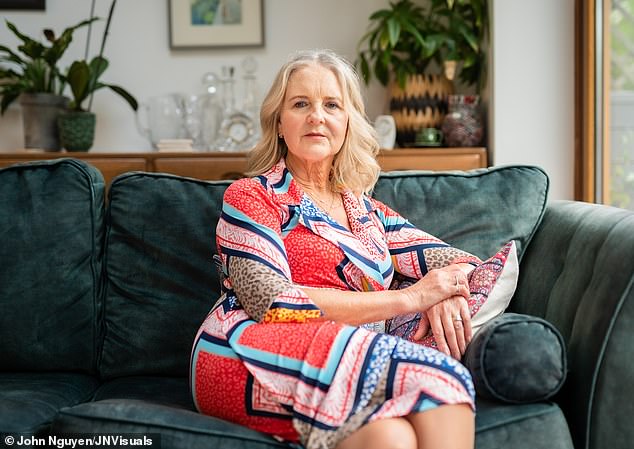
Sue Evans embarked on her role at the Tavistock Clinic in 2003 with a sense of excitement, joining what she viewed as a groundbreaking team at the Gender Identity Development Service (GIDS). The clinic, renowned worldwide for its specialized therapy, aimed to support young individuals grappling with gender dysphoria.
Initially, GIDS operated on a small scale, with meetings held in a quaint office away from the main building. Referrals were modest, and the prescription of puberty-blocking drugs was rare, reserved for those aged 16 and older. Sue, a clinical nurse therapist, approached each case with care, recognizing the complexity of psychological needs in those experiencing gender dysphoria.
However, over time, Sue witnessed a troubling shift. Treatment plans seemed influenced by external organizations, such as Mermaids and Gires, which advocated for swift transitions without thorough assessments. Concerns grew as referrals for hormone therapy accelerated, bypassing essential psychological evaluations.
As Sue raised alarms within the clinic, she faced resistance and dismissal from colleagues. Despite her efforts to promote cautious, therapeutic approaches, the pressure to comply with rapid treatments persisted. Distressed by the deviation from patient-centered care, Sue faced health challenges and mounting frustration.
In 2005, Sue’s concerns prompted an investigation by the clinic’s medical director, Dr. David Taylor. His findings highlighted systemic issues, including inadequate assessments and undue influence from external groups. Despite the gravity of the report, it was buried internally, and recommendations for reform went unheeded.
By 2007, disillusioned and unsupported, Sue resigned from her position. Despite her departure, the clinic’s practices continued to escalate, with a significant increase in referrals and younger children receiving experimental treatments.
The clinic faced further scrutiny in subsequent years, with reports of fast-tracking patients and obstructing safeguarding efforts. Critics, including Sue, were marginalized and labeled as ‘transphobic’ for questioning the clinic’s approach.
In 2019, Sue’s public testimony at an ethics conference marked a turning point. Joined by concerned individuals, including parents and former patients, she initiated a judicial review challenging the clinic’s practices. The landmark ruling, led by Keira Bell, highlighted the inadequacy of informed consent for minors undergoing experimental treatments.
The subsequent review by Dr. Hilary Cass affirmed the clinic’s failings and ordered its closure. While a victory for Sue and her allies, it came at great personal cost, facing relentless criticism and legal threats.
Today, Sue remains vigilant, advocating for transparency and accountability within healthcare institutions. Despite the challenges, she remains steadfast in her commitment to ensuring the best interests of vulnerable individuals are upheld.
Through perseverance and courage, Sue’s voice, alongside others, has sparked meaningful change in the treatment of gender dysphoria, ensuring greater scrutiny and safeguards for those seeking support.
RELATED ARTICLES
- Researchers Warn Vaping is just as Harmful as Cigarettes
- German School Bans Children from Drinking Water Because its Offensive
- Italy Fines TikTok with 10 million euros over Repeatedly Exposing Children to Indecent Content
- EVs pollute 1850 times more than Fossil Fuel cars according to new study
- UK Warns that China is Preparing for Total Nuclear War with the West











